 Contact us
Contact us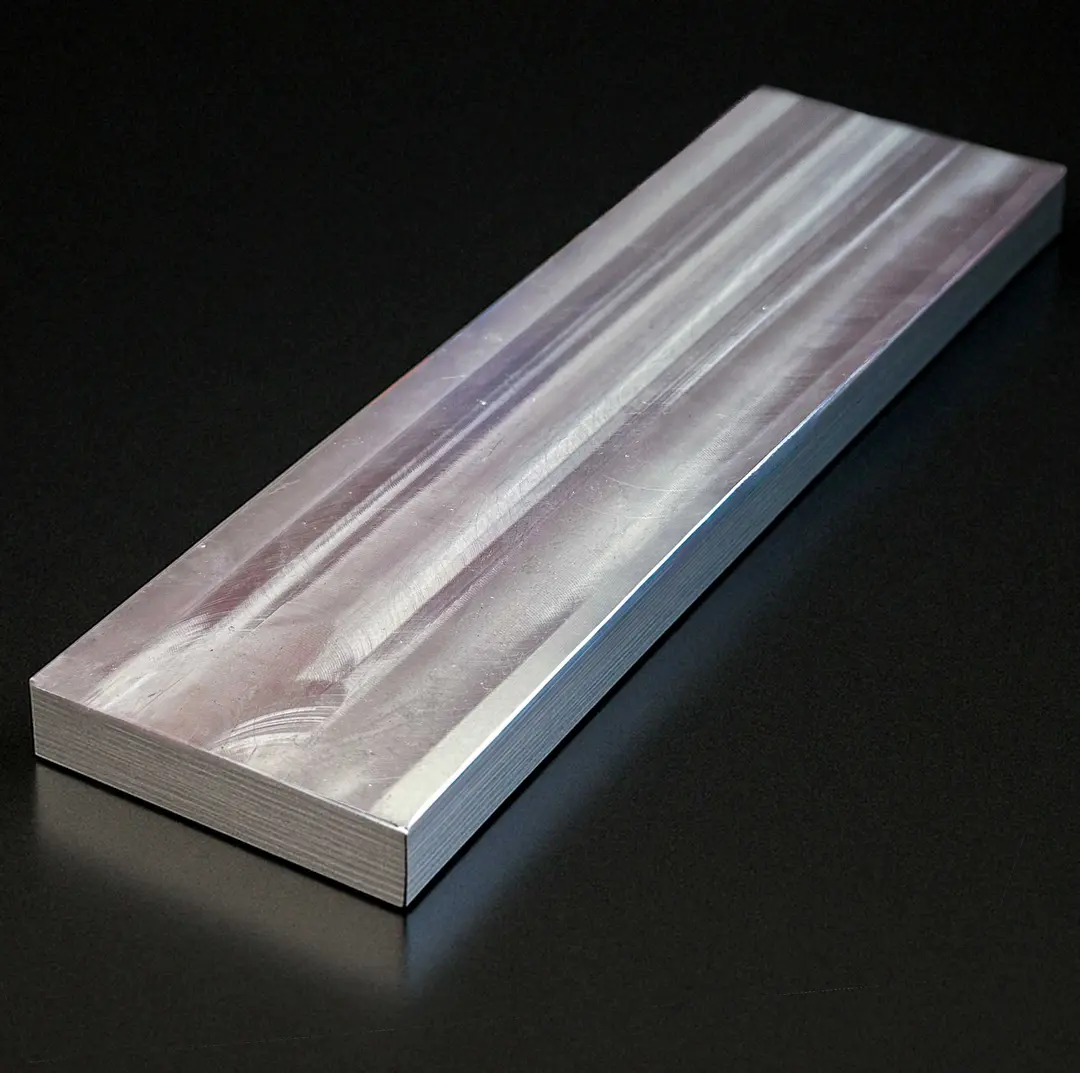
Corrosion isn’t just inconvenient, it can lead to costly downtime, part failure, and safety issues. When your components are exposed to moisture, chemicals, or saltwater, choosing corrosion-resistant materials is key to ensuring long-term reliability. Selecting the right corrosion-resistant metal helps protect both performance and your bottom line.
This guide explores the best corrosion-resistant materials for CNC machining in harsh environments. You’ll learn which corrosion-resistant metals offer the most durability, and when each is the most suitable. Whether you're designing for aerospace, medical, or manufacturing applications, this will help you make more confident material choices.
Want to speak directly to the team about your project and what corrosion-resistant materials we work with?
Get in touch with the team to discuss your needs
Corrosion is one of the most common causes of part failure in high-stakes environments. When a material breaks down from exposure to moisture, chemicals, or salt, it gradually loses its strength. This can lead to costly repairs, unplanned downtime, or even serious safety risks.
The process begins when metal reacts with elements in its environment, like water or oxygen. These reactions cause a breakdown in the material and often result in visible damage like rust. Over time, the surface weakens, and the part becomes less reliable in critical applications.
Corrosion-resistant materials are designed to fight this process from the inside out. Some do this by forming a protective layer, while others naturally resist chemical attack. That’s why corrosion-resistant materials are used in everything from aircraft frames to surgical implants.
Every corrosion-resistant metal offers its own strengths depending on the application. Some perform better in marine environments, while others excel in resisting chemicals or extreme heat. Below is a guide to the top corrosion-resistant materials used in CNC machining, including where they perform best.
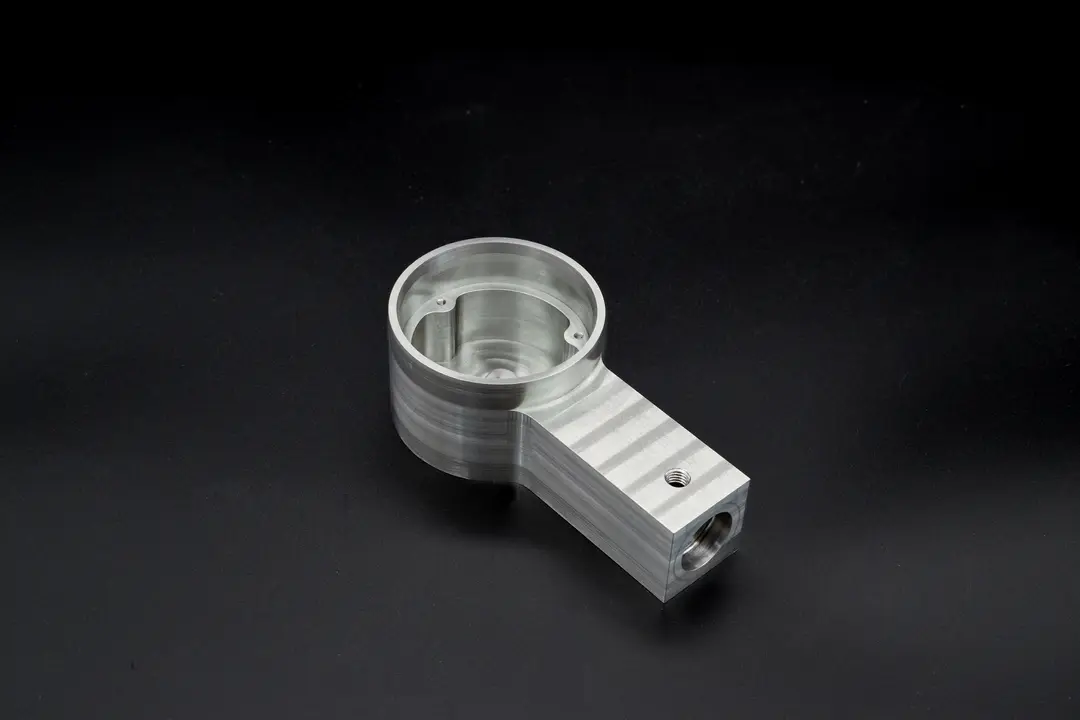
Stainless steel is a go-to option for high-performance CNC parts that require strength and corrosion resistance. Grade 304 is ideal for general industrial use, while 316 includes molybdenum, making it more suitable for saltwater or chemical exposure. Both grades create a protective chromium oxide layer that resists corrosion and rust.
You’ll find stainless steel in everything from surgical instruments to food-grade machinery and marine components. It’s also a popular choice in cleanroom environments due to its hygienic properties and resistance to wear. These grades not only resist corrosion but also maintain strength after machining, making them ideal for demanding tasks like CNC machining stainless steel, where surface finish and dimensional control are essential.
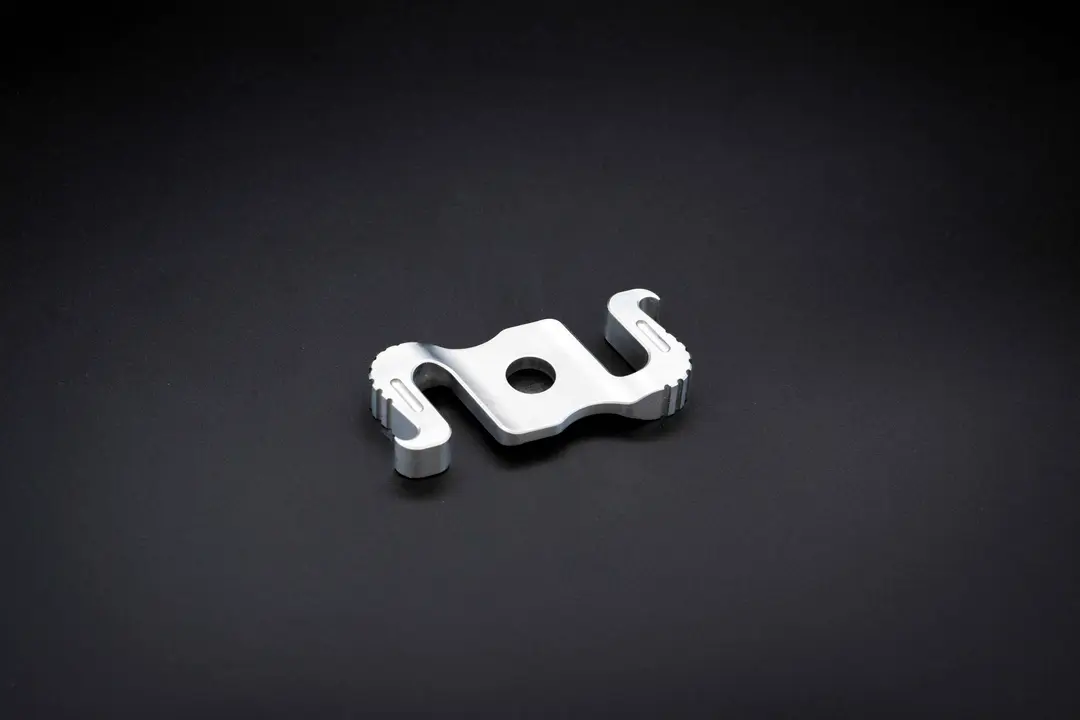
Titanium is known for being incredibly strong, lightweight, and naturally corrosion-resistant. It forms a tough oxide layer on its surface that protects against saltwater, chlorine, and other harsh chemicals. This makes it ideal for offshore, aerospace, and medical applications.
Titanium is often used in parts where strength-to-weight ratio is critical, such as brackets in aircraft or surgical implants. Despite its durability, it’s 40% lighter than steel, which helps reduce weight without sacrificing performance. It's not just the material’s properties that matter, CNC machining titanium also requires expertise due to its low thermal conductivity and tendency to work harden.
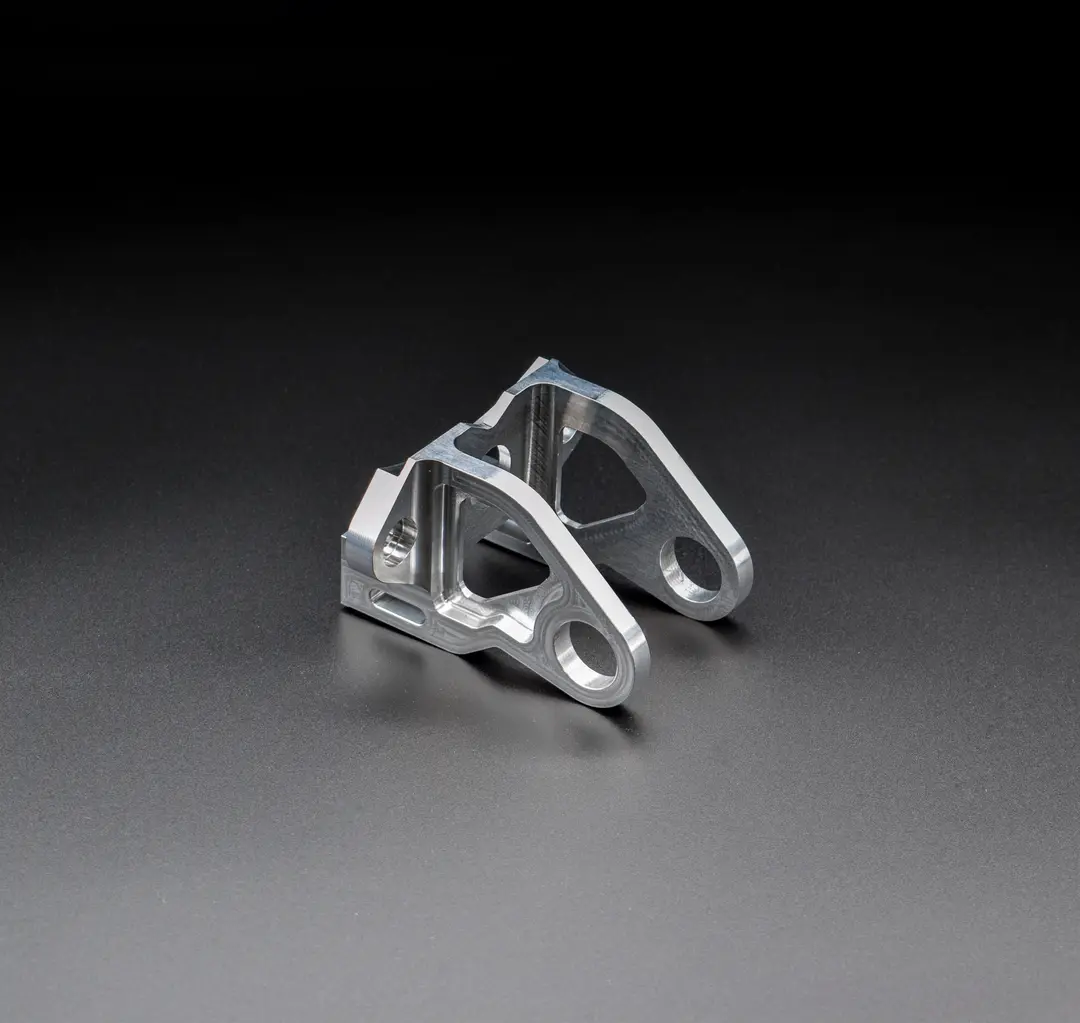
Aluminium is naturally corrosion-resistant thanks to the thin oxide coating that forms on its surface. Alloys like 6061 strike a balance between strength and machinability, while 5052 is better suited for marine environments due to its improved resistance. Anodising can further enhance the protection of these materials.
You’ll often find aluminium in parts like outdoor casings, drone frames, and car components. Its lightweight nature and cost-efficiency make it a popular material in high-volume production. If you're balancing weight, corrosion resistance, and budget, aluminium often comes out on top, especially when choosing materials for CNC projects with tight production timelines.
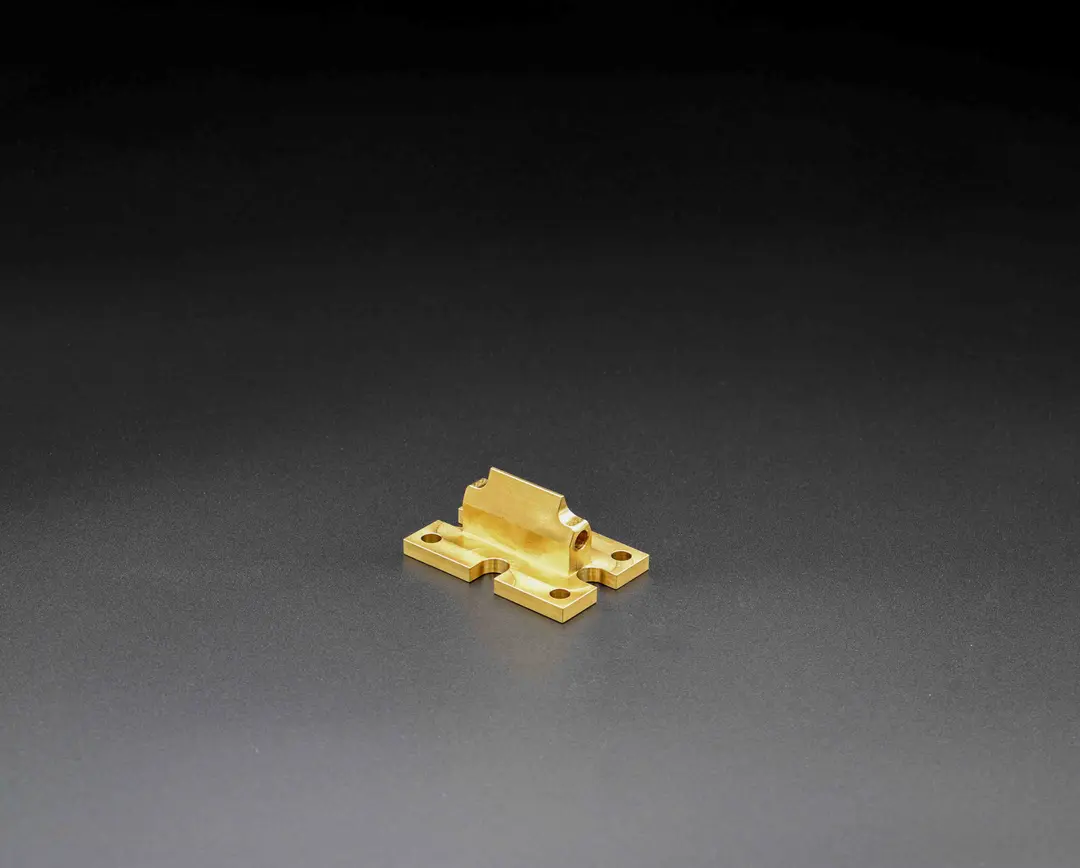
Brass and bronze are copper-based alloys that offer good resistance to water-driven corrosion. Bronze, which contains tin, is commonly used in marine environments for parts like propellers and bearings. Brass contains zinc and is easier to machine, making it suitable for fittings, instruments, and valves.
Both materials are reliable in damp or humid environments while providing solid mechanical strength. Their aesthetic qualities also make them popular in architectural applications. Bronze performs particularly well in saltwater settings compared to other metals.
Inconel is a high-performance, nickel-based superalloy built to handle extreme conditions. It resists corrosion in high-temperature environments and holds up against aggressive chemicals where other metals would fail. Other superalloys like cobalt and iron variants offer similar properties and are used in aerospace and energy industries.
Inconel 718, for example, is widely used in jet engines, heat exchangers, and chemical reactors. These materials maintain their strength and shape even under intense thermal and chemical stress. Though costly, they’re often the only suitable choice in high-risk applications.
Not all corrosion-resistant metals will perform equally in every situation. Factors like environment, mechanical stress, and part geometry can make a big difference in how well a material holds up over time. Making the right choice early can help you avoid failure and reduce long-term costs. Here’s a quick checklist to guide your decision-making:
By answering these questions upfront, you’ll be better equipped to choose a material that fits both the application and environment. It also helps you compare options beyond just corrosion resistance, such as cost or ease of machining. A company like Penta Precision can help ensure you select the right corrosion-resistant materials and avoid expensive redesigns later on.
Stainless steel, aluminium, titanium, and nickel-based superalloys are all considered corrosion-resistant metals. These materials either form stable oxide layers or have chemical properties that resist reactions with moisture and chemicals. Their durability under stress makes them ideal for critical applications in demanding environments.
Yes, stainless steel is highly effective at resisting corrosion in both everyday and industrial conditions. Its chromium content creates a passive oxide film that helps block moisture and oxygen from damaging the surface. Grade 316 offers superior corrosion resistance, especially in marine and chemical settings.
Coatings can add an extra layer of protection but aren’t always a long-term solution. They can wear down, chip, or fail under mechanical stress, leaving the base material exposed. If corrosion resistance is critical, it’s better to choose a metal that offers it inherently.
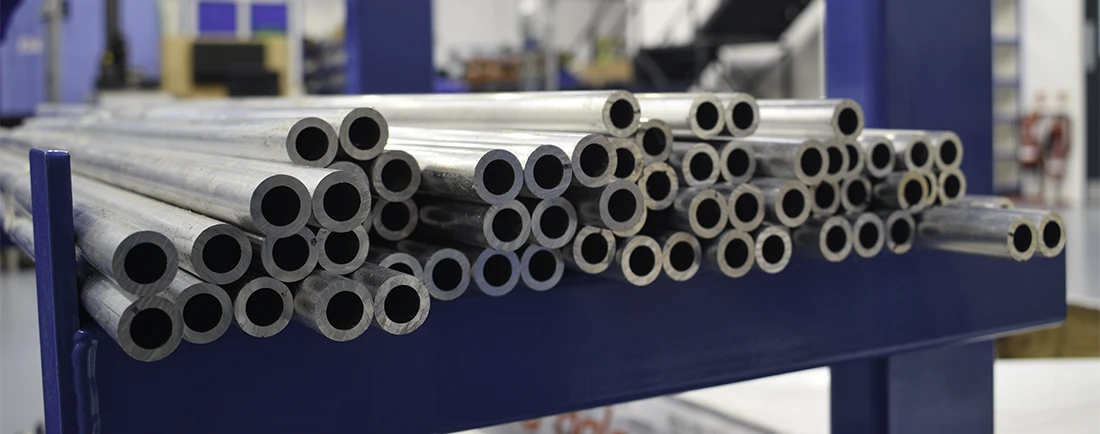
Learn when to use plastic vs metal for CNC machining. Compare strength, heat resistance, cost, and performance to choose the right material for your project.
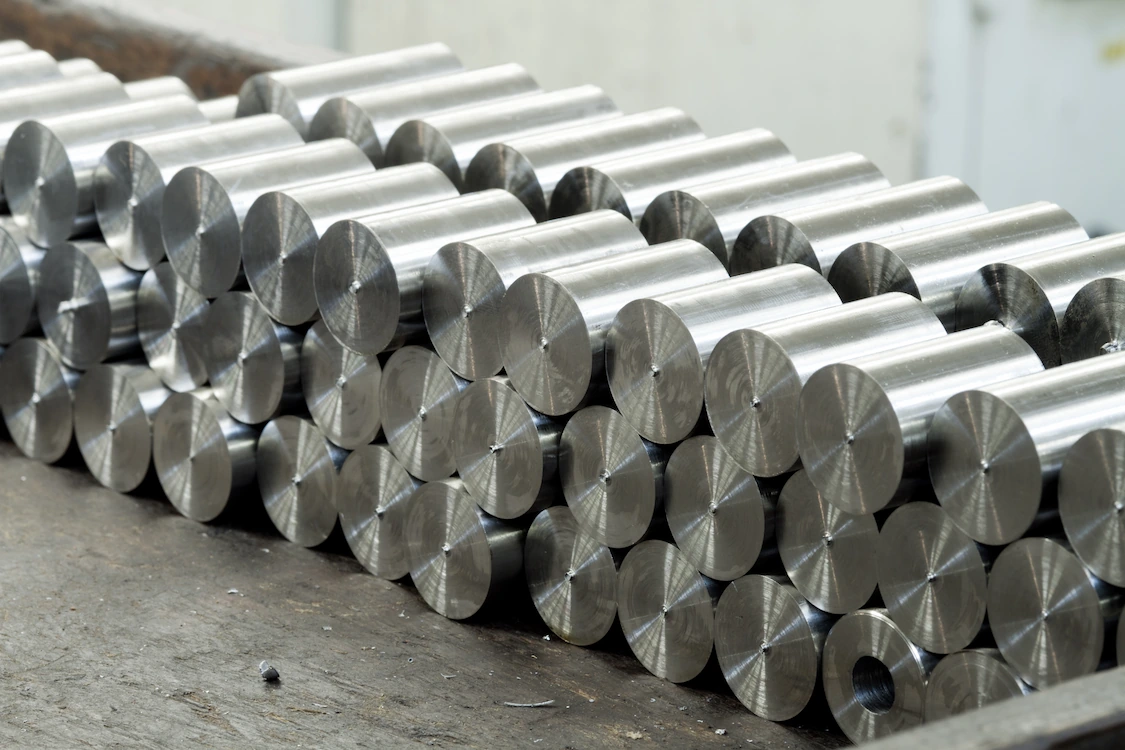
Selecting the appropriate material and grade is among the important early decisions you'll make when designing your CNC machined component. In this blog we look at the most common grades of aluminium, one of the most versatile metals, and the factors to consider to select the best grade for your next project.